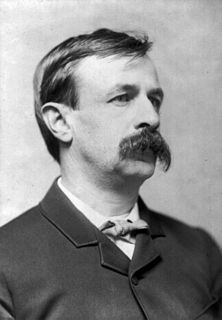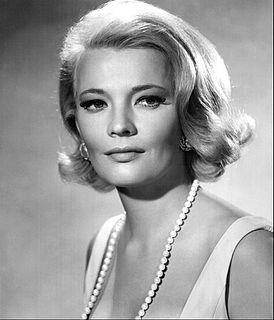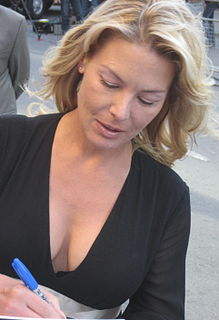A Quote by George Steiner
To a degree which is difficult to determine, the esoteric impulse in twentieth-century music, literature and the arts reflects calculation. It looks to the flattery of academic and hermeneutic notice. Reciprocally, the academy turns towards that which appears to require its exegetic, cryptographic skills.
Related Quotes
You know, you take a little infant and you turn on the music mobile on their crib and you find that if you give them a music mobile which turns on automatically versus a music mobile in which - if by chance their little legs or their little hands accidentally touches it - turns on they're so much more excited if by chance it turns on because they touched it, so that desire for control over their environment is... really appears from very early on and if you look at children's first words, "no, yes."
I cannot sufficiently celebrate the glorious liberty that reigns in the public libraries of the twentieth century as compared with the intolerable management of those of the nineteenth century, in which the books were jealously railed away from the people, and obtainable only at an expenditure of time and red tape calculated to discourage any ordinary taste for literature.
It is in this mutual dependence of the functions and the aid which they reciprocally lend one another that are founded the laws which determine the relations of their organs and which possess a necessity equal to that of metaphysical or mathematical laws, since it is evident that the seemly harmony between organs which interact is a necessary condition of existence of the creature to which they belong and that if one of these functions were modified in a manner incompatible with the modifications of the others the creature could no longer continue to exist.
I think for what success looks like for me, it is a world in which you can look at the achievement scores, the academic scores, of any school anywhere in this country [the USA], and you wouldn't be able to look at the score and determine what the racial makeup or the socioeconomic makeup of that school is simply because of the academic achievement levels.
In less than a century after the barbarian nations settled in their new conquests, almost all the effects of the knowledge and civility, which the Romans had spread through Europe, disappeared. Not only the arts of elegance, which minister to luxury, and re supported by it, but many of the useful arts, without which life can scarcely be contemplated as comfortable, were neglected or lost.







































